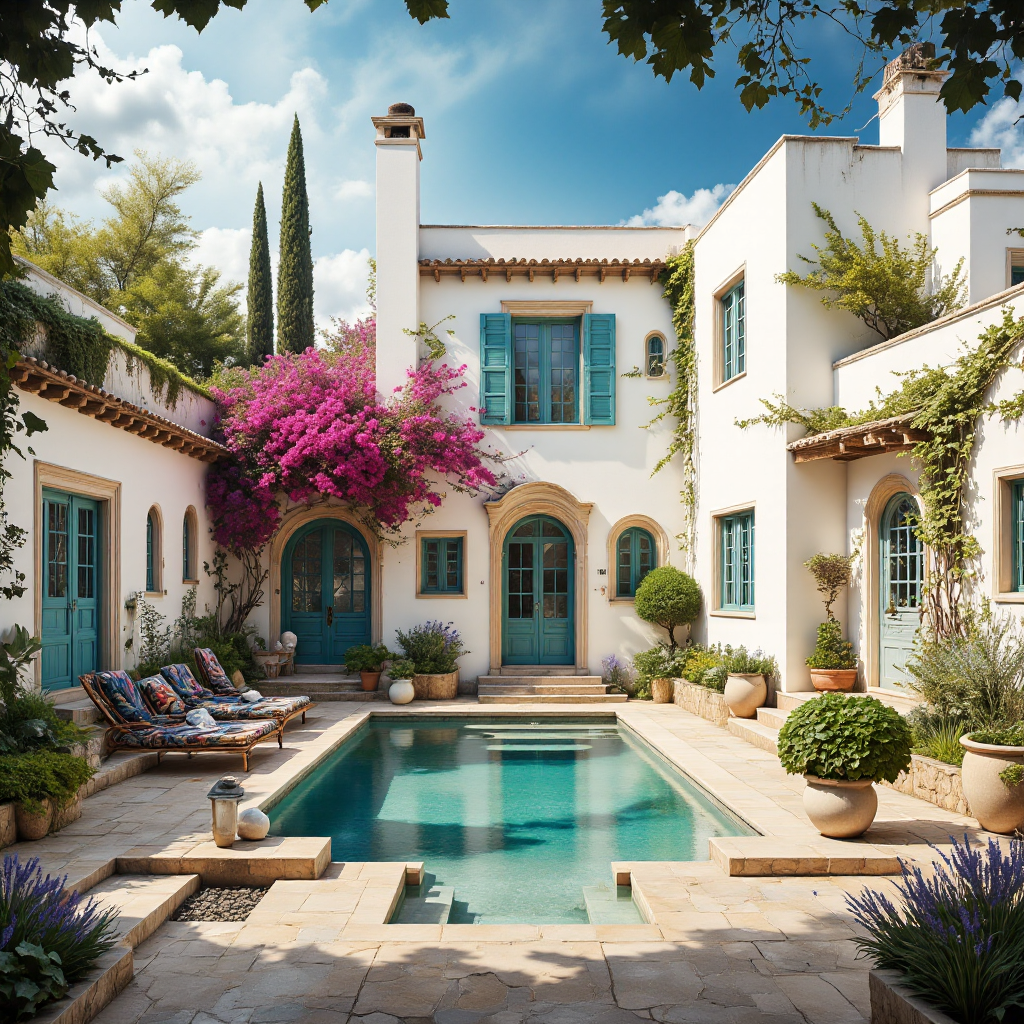Introduction
Milas, a district in Muğla Province, Turkey, is a hidden gem that offers a rich blend of historical significance, cultural heritage, and natural beauty. Located in the southwestern part of Turkey, Milas is known for its ancient ruins, vibrant culture, and stunning landscapes. This report aims to provide an in-depth and comprehensive overview of Milas, highlighting its history, attractions, and cultural insights.History
Ancient History
Milas, known as Mylasa in ancient times, has a history that dates back to the 3rd millennium B.C. The city was one of the most important centers of the Carian civilization and was named after Mylasos, a descendant of Aeolus, the god of winds (Ministry of Culture and Tourism). The suffix “asa” in Mylasa indicates that the city was founded in very ancient times.
Medieval and Ottoman Periods
During the medieval period, Milas served as the capital of the Anatolian beylik of Menteşe. The city was later incorporated into the Ottoman Empire in 1390, but control was briefly returned to the Menteşe Beys after the Battle of Ankara in 1402. Milas was brought back under Ottoman control in 1420 by Sultan Mehmed I (Wikipedia).Modern History
In the early 20th century, Milas was part of the Aidin Vilayet of the Ottoman Empire. The city had a diverse population, including Greeks, Jews, and Turks. The Greeks were exchanged with Turks living in Greece under the 1923 agreement, while the Jewish community remained until the 1950s, when they emigrated to Israel (Wikipedia).Attractions
Historical Sites
Augustus (Uzunyuva) Tapınağı
One of the oldest structures in Milas is the Augustus (Uzunyuva) Tapınağı, located in the Hisarbaşı neighborhood. The temple, built on a podium, features a single standing column with a Corinthian capital (Wikipedia).Baltalıkapı
The Baltalıkapı, or the Axe Gate, is the only remaining part of the city’s ancient walls. Dating back to the 1st century B.C., the gate is adorned with a double-headed axe motif, which gives it its name (Wikipedia).Gümüşkesen Anıtı
The Gümüşkesen Anıtı is a well-preserved tomb monument from the 2nd century A.D. Located in the Gümüşlük neighborhood, the monument is a smaller version of the Mausoleum at Halicarnassus, one of the Seven Wonders of the Ancient World (Wikipedia).Beçin Castle
Beçin Castle, located 5 km from Milas, served as the administrative center of the Menteşe Beys. The castle offers panoramic views of the surrounding area and is a must-visit for history enthusiasts (Wikipedia).Architectural Marvels
Mosques
Milas is home to several important mosques, including the Great Mosque (1378), Orhan Bey Mosque (1330), and Firuz Bey Mosque. These mosques showcase the architectural styles of the Menteşe and Ottoman periods (Wikipedia).Traditional Houses
The traditional houses of Milas, known as Milas evleri, are a significant part of the city’s architectural heritage. These two-story houses feature wooden supports and are often restored to maintain their original appearance (Wikipedia).Natural Beauty
Bafa Lake
Bafa Lake, located near Milas, is a popular destination for nature lovers. The lake is home to a variety of bird species and offers opportunities for birdwatching and photography (Mugla Guide).Beaches
Milas is surrounded by beautiful beaches, including Çökertme Beach and Ören Beach. These beaches offer a relaxing atmosphere and are perfect for swimming and sunbathing (World City Muğla).Cultural Insights
Carpet Weaving
Milas is renowned for its traditional carpet weaving industry. Milas carpets, also known as Milas rugs or kilims, are famous for their unique designs, vibrant colors, and intricate craftsmanship. Visiting a local carpet workshop allows visitors to see the hand-weaving process and learn about the different patterns and techniques used (Visit Turkey).Local Cuisine
The local cuisine of Milas is a delightful blend of Aegean and Mediterranean flavors. Fresh seafood, olive oil-based dishes, and locally grown vegetables are staples in the diet. A must-try dish is the “Çökertme Kebab,” made with thin slices of beef, fried potatoes, and yogurt (Visit Turkey).Festivals and Events
Milas hosts several festivals and events throughout the year, including the International Çaykama Böreği Cultural and Art Festival in the summer, the National Olive Harvest Festival in autumn and winter, and the Southern Aegean Food, Agriculture, and Livestock Fair in spring (World City Muğla).Conclusion
Milas, with its rich history, stunning landscapes, and vibrant culture, is a hidden gem that offers a unique blend of the old and new. From ancient ruins to traditional carpet weaving, Milas provides an unforgettable experience for travel enthusiasts. Whether you’re exploring historical sites, enjoying the natural beauty, or immersing yourself in local traditions, Milas is a must-visit destination in Turkey’s Aegean Region.References
- Ministry of Culture and Tourism. (n.d.). Milas. Ministry of Culture and Tourism
- Wikipedia. (n.d.). Milas. Wikipedia
- Mugla Guide. (n.d.). Milas. Mugla Guide
- World City Muğla. (n.d.). Milas. World City Muğla
- Visit Turkey. (n.d.). Milas, Muğla. Visit Turkey
